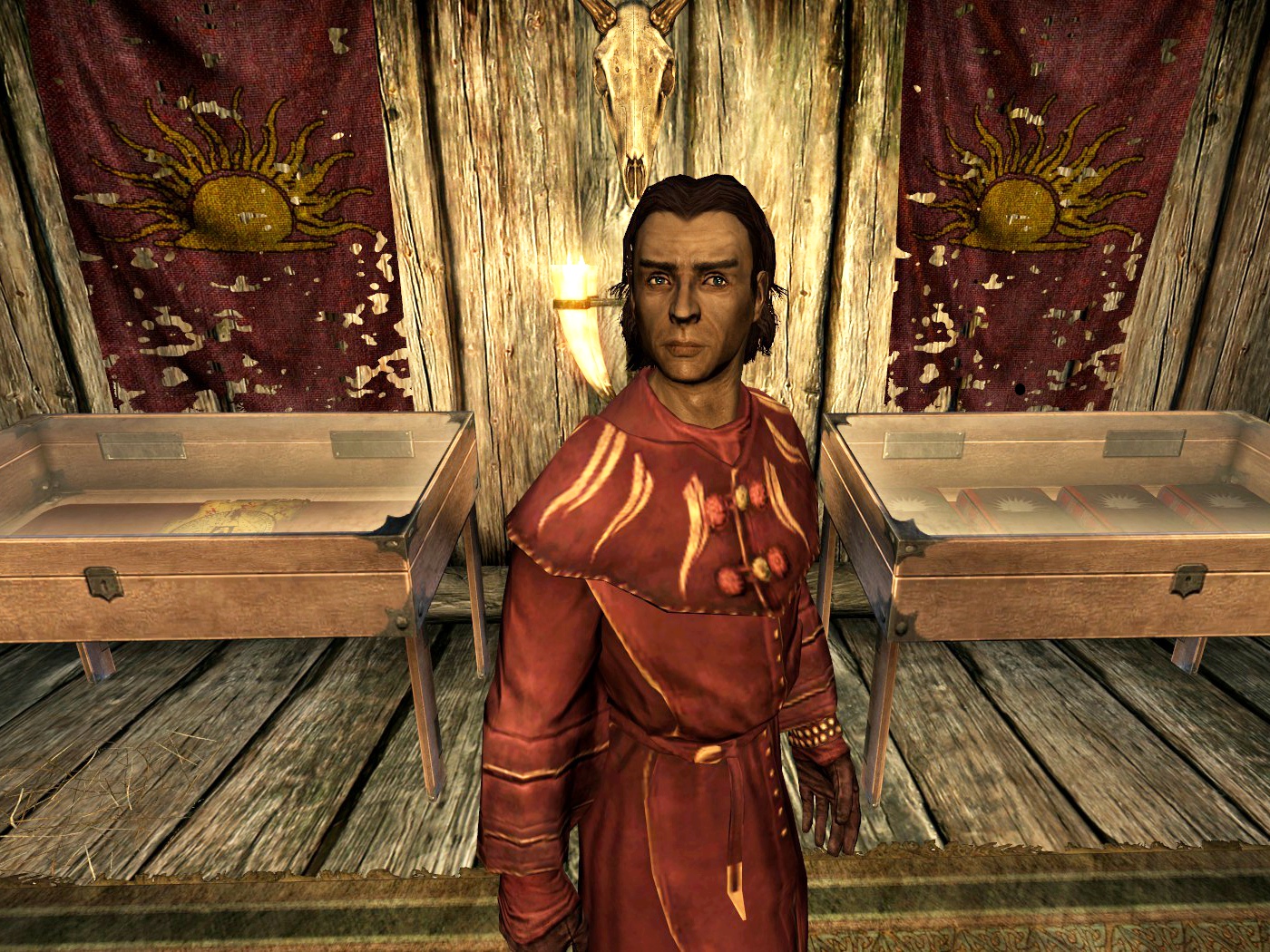After
I had been playing Skyrim for about
six months, I began to notice a pattern in the major questlines. I began the Civil War line as a recruit, but
finished as a Legate in the Imperial Legion. I began the Companions line as a
"whelp," but finished as the Harbinger. I began the College of
Winterhold line as a student, but finished as the Arch-Mage. By completing each questline, I became the
leader of the relevant faction. Even though my suspension of disbelief is
sufficient to allow for dragons and magic, I was having a hard time
understanding how I, a stranger in Skyrim just a few short months ago, could be
rising to leadership roles within all of the major factions in the province.
Each of the people I had replaced had spent years climbing to his position, and
each of them held only one position, but I had garnered three in less than an
in-game year. Furthermore, I could not help but notice that leading one group
did not preclude membership in others. I therefore began to look for meaning in
this strange situation.
When
I looked at the Tamriel presented in Skyrim,
I found a possible answer. In the
aftermath of the Great War, the Emperor's hold on Tamriel was slipping. Having
abandoned Hammerfell and narrowly surviving an uprising in Skyrim (thanks, in
no small part, to Yours Truly), the Septim dynasty was reeling. The current Emperor seemed to have little of
the qualities that defined the progenitor of the Third Empire, Tiber
Septim. When I reflected that Tiber
Septim had himself mastered the Thu'um as I had, I realized that there was a
distinct possibility that the Dovahkiin was destined to be the next Emperor.
Further
support for this hypothesis comes from the aforementioned amassing of diverse
leadership roles. The current Emperor had seen his Empire not only assaulted
from the outside by the Aldmeri Dominion, but torn apart from the inside by
conflicts between among factions and races.
It would make sense for the successor to be a unifier -- one who ended
the Civil War, one who leads both warrior and wizard, one who is both a true
Nord and a friend to other races.
This
realization led me to one of my most difficult decisions in this game: whether
to join the Thieves' Guild. My original
intent had been to avoid the Guild entirely; I was trying to play a morally
conscious character, and associating with known criminals seemed to run counter
to that playstyle. But then I found myself in a quandary. In order to find
Esbern (the next step in the main quest), I had to talk to Brynjolf, a member
of the Guild. Furthermore, in order to complete No Stone Unturned, I had to
speak to Vex, who, according to Thieves’ Guild lookout Maul, would not talk be
willing to speak to me unless I were a member of the Guild. I procrastinated on this decision for
a long time, but when I realized the need for a unifying leader in Skyrim (and
eventually all of Tamriel), I concluded that I would indeed join the Guild,
regardless of my misgivings.
Another
factor leading me to Guild membership was the structure of the game
itself. In accordance with its fantasy
RPG heritage, The Elder Scrolls
develops characters within a triangulation of archetypes: Warrior, Mage, and
Rogue. This triad hearkens back to the
pencil-and-dice Advanced Dungeons and
Dragons, in which the three main character classes depend primarily on the
distribution of six attributes: Fighter (Strength and Constitution), Magic-User
(Intelligence and Wisdom), and Thief (Dexterity and Charisma); other classes
arise from combinations of these archetypes.
Since AD&D, fantasy games
have been dominated to one degree or another by the holy trinity of combat,
magic, and stealth, and Skyrim is no exception; even the main skill trees are structured in this three-faceted arrangement.
 |
| The three fantasy archetypes have been apotheosized in thecelestial background graphic for the eighteen skill trees available in the game. |
In other words, the game seems to invite the development of a leader who embodies the best of all three archetypes, and the in-game world seems to require a leader who can bring disparate factions together. Becoming the Master of the Thieves Guild would therefore be (for me, at least) less of an exercise in criminal ambition and more of an attempt to bring together the most powerful forces in Skyrim in preparation for the inevitable fight against the Aldmeri Dominion.


